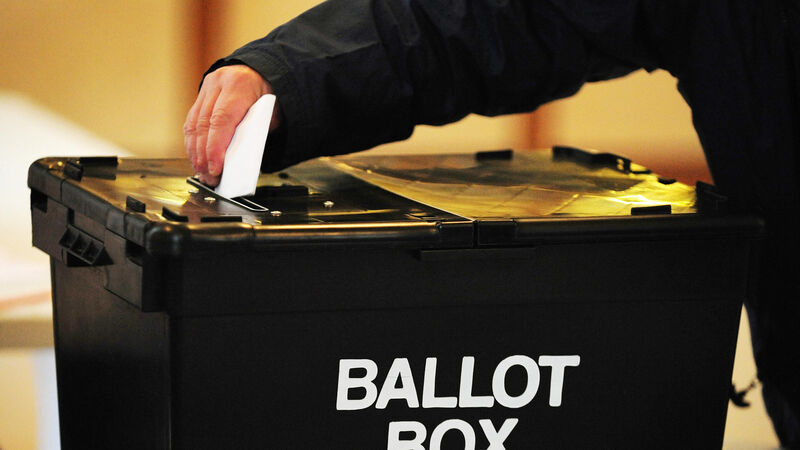Letters to the Editor: Wording is flawed — a no vote is the safest option

On March 8, voters will choose whether or not to adopt changes to the Constitution for both the 'family' and 'care' referendums.
After careful consideration of the proposed constitutional amendments, I have concluded that a no vote is the safest option in both cases.











